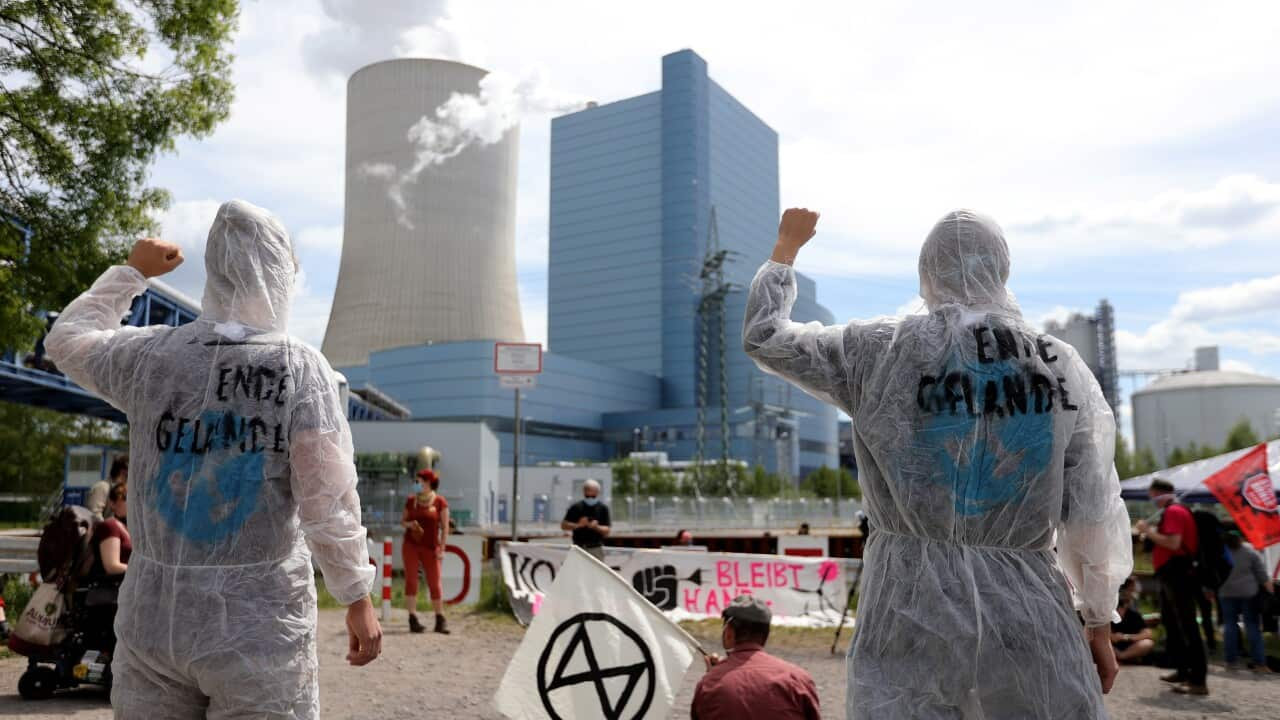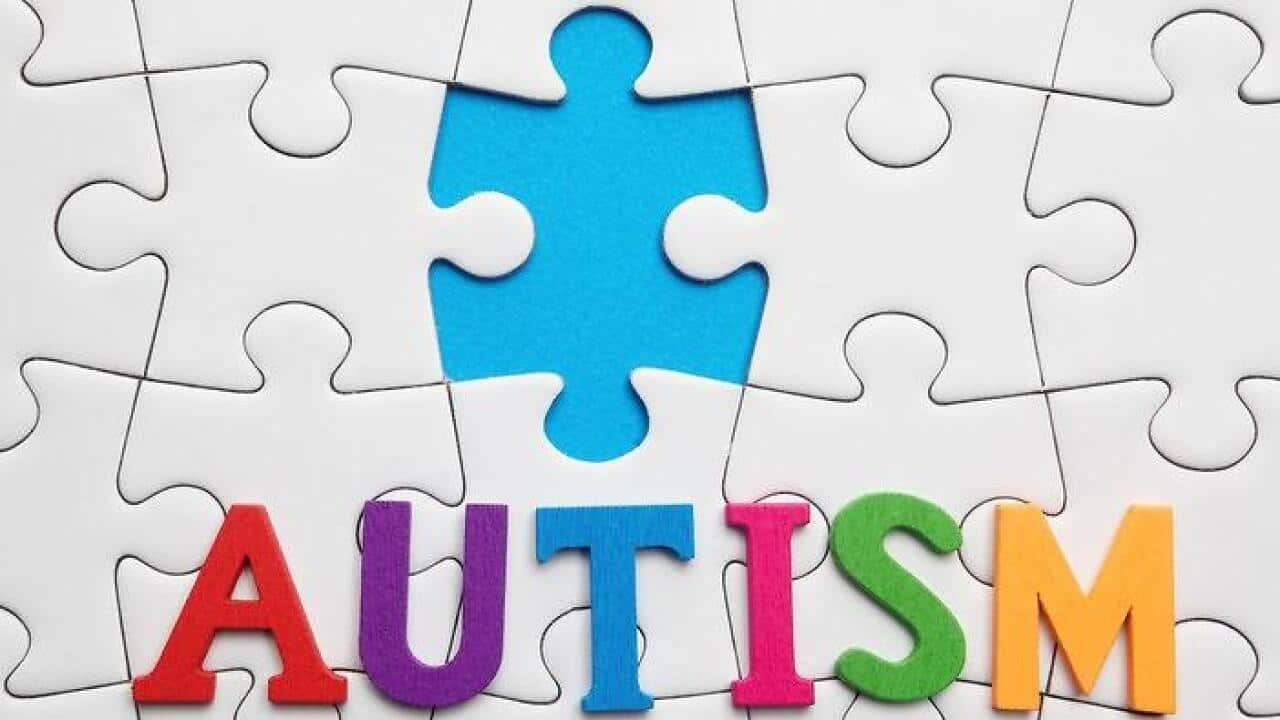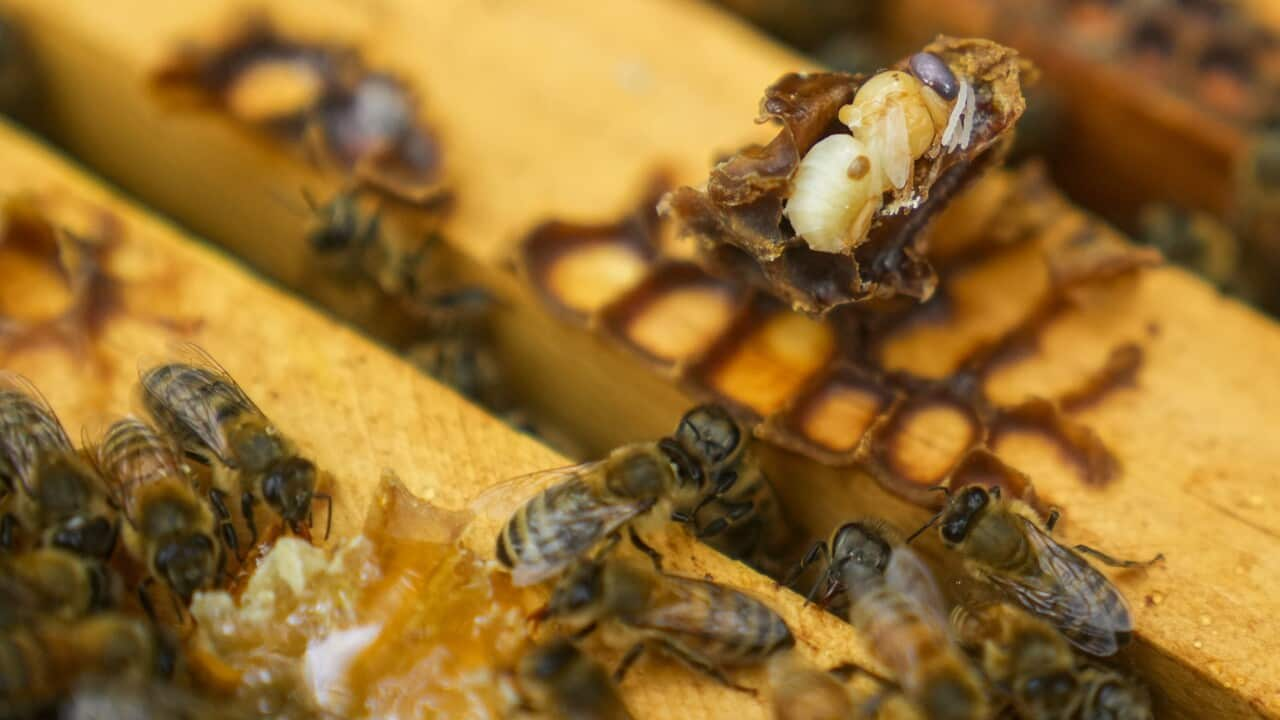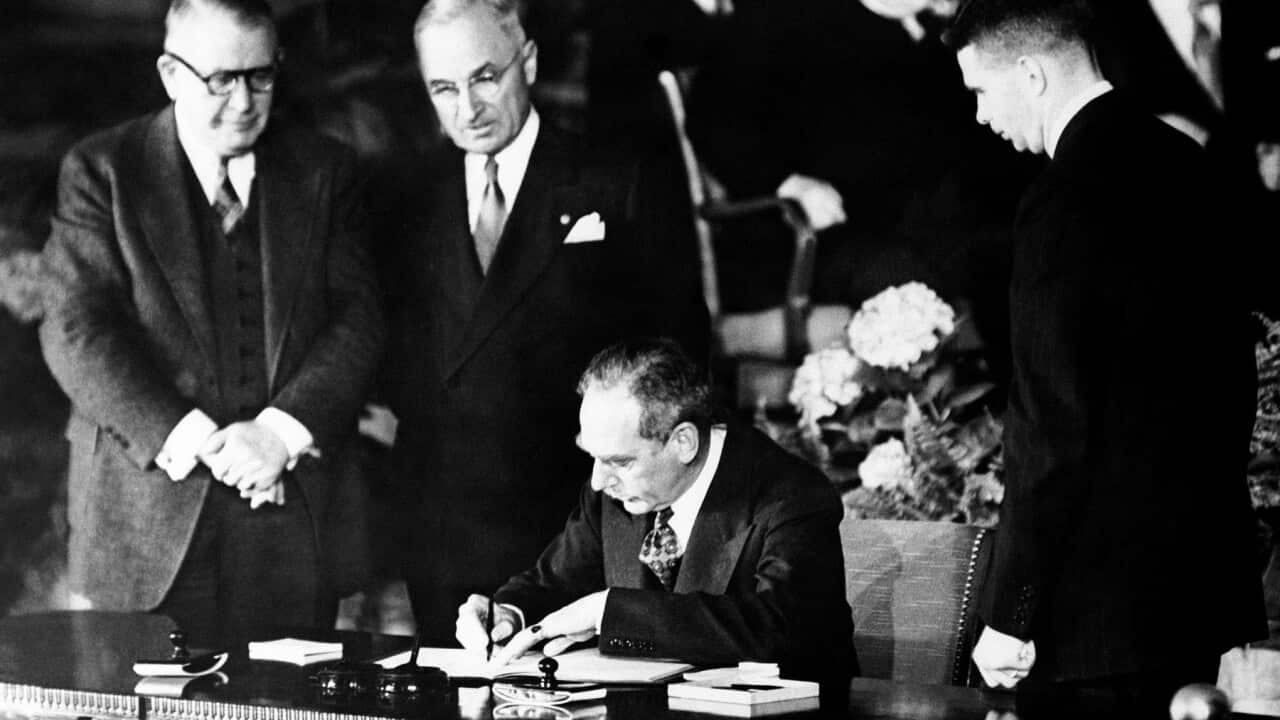Italian
Mentre il coronavirus e le proteste contro la brutalità della polizia dominano i titoli dei giornali internazionali, gli incendi della terribile estate australiana sembrano un lontano ricordo.
Ma gli esperti temono che dimenticare l'altra più urgente crisi del XXI secolo avrà delle conseguenze.
Mark Howden, vicepresidente del gruppo intergovernativo di esperti sul cambiamento climatico delle Nazioni Unite, è preoccupato per il fatto che il riscaldamento globale stia scendendo nella lista delle priorità.
"Last summer was so extreme. It had such a pervasive economic impact as well as a personal impact, that it was very hard for politicians not to take it on board. So I think there was definitely a softening of some of the political rhetoric to be more accepting of climate change. But unfortunately, along comes COVID and that mood just got lost, in a sense just swamped that climate change concern."
Il virus ha avuto un impatto pratico sull'azione contro il cambiamento climatico, come la riduzione del livello delle emissioni, e la presenza di aria più pulita e acqua più limpida.
All'inizio di quest'anno è stato annunciato che un'importante conferenza delle Nazioni Unite sul clima, originariamente prevista per novembre, sarebbe stata rinviata di un anno a causa delle restrizioni imposte dal COVID-19.
Un nuovo studio rivela che le emissioni globali sono diminuite del 17% in aprile.
L'analisi preliminare pubblicata da Nature Climate Change, fa parte del team globale che comprende ricercatori del CSIRO, l’Organizzazione per la ricerca scientifica e industriale del Commonwealth.
Le emissioni giornaliere tra gennaio e aprile sono scese dell’8,6% rispetto allo stesso periodo dell’anno precedente.Sono stati utilizzati dati provenienti da 69 Paesi - tra cui l'Australia - che rappresentano il 97% delle emissioni globali.La ricercatrice ambientale dell'Università R-M-I-T, la dottoressa Leanne Morrison, afferma che l'isolamento ha dato al mondo naturale la possibilità di riprendersi dagli alti livelli di inquinamento.
"COVID-19 has shown us that yes we can really profoundly, really radically and swiftly make major changes to our way of life. It’s given some space for the natural world to take a breath. We are going to have a huge drop in carbon emissions this year - there’s projections that it’s going to be the largest drop that we’ve seen to date. We’d have to keep making those reductions for at least 5 to 10 years into the future if we are going to reach carbon neutrality."
Qual è l'attuale politica australiana in materia di cambiamento climatico?
Il governo mira a ridurre le emissioni dal 26 al 28 per cento entro il 2030.
L'opposizione vuole vedere zero emissioni nette entro il 2050, ma non ha annunciato un nuovo obiettivo decennale.
Ma che dire delle proteste contro il cambiamento climatico?
"What do we want? Climate Justice!"
Il Coronavirus ha costretto gli studenti a cancellare i piani per le future manifestazioni in favore del clima.
Gli organizzatori adolescenti stavano preparando altre proteste dopo un'affluenza di migliaia di persone l'anno scorso.
Ella Avni è stata una di delle persone deluse dalla notizia dell'annullamento di una manifestazione programmata il mese scorso.
“We got all the way to the end of signing all the paperwork and everything that we needed for the location of the strike and then, as soon as it happened, we got the message that it had to be cancelled. It was kind of disappointing hearing, hearing that all local strikes had to be cancelled. Because, especially in regional and rural areas, the real only way we can get our voices heard is through regional and rural strikes.”
Ma Ella Avni afferma che la sua cancellazione ha aperto delle strade online.
Migliaia, invece, si sono riuniti per assistere a un evento nazionale live stream con attivisti, esperti e performer.
Mentre l'impresa online non è riuscita ad attirare l'attenzione dei media quanto gli eventi fisici, ha esposto i relatori regionali a un pubblico nazionale.
Nel frattempo, martedì 9 giugno l'Emergency Leaders for Climate Action ha ospitato il primo summit virtuale australiano sui cambiamenti climatici e sugli incendi boschivi, che ha riunito il personale di emergenza e della difesa, gli esperti indigeni e gli scienziati del clima.
English
As coronavirus and protests against police brutality dominate international headlines, Australia's Black Summer bushfires seem like a distant memory.
But experts fear that forgetting the other most pressing crisis of the 21st century will have consequences.
Vice Chair of the United Nations' Intergovernmental Panel on Climate Change Mark Howden is concerned global warming is falling down the priority list.
"Last summer was so extreme. It had such a pervasive economic impact as well as a personal impact, that it was very hard for politicians not to take it on board. So I think there was definitely a softening of some of the political rhetoric to be more accepting of climate change. But unfortunately, along comes COVID and that mood just got lost, in a sense just swamped that climate change concern."
The virus has had a practical impact on climate change action, such as emission level reductions, cleaner air, and clearer water.
Earlier this year, it was announced a major United Nations climate conference originally scheduled for November, would be postponed for a year due to COVID-19 restrictions.
A new study reveals global emissions declined by 17 per cent in April.
The preliminary analysis published by Nature Climate Change, is part of global team including researchers from the C-S-I-R-O, Commonwealth Scientific and Industrial Research Organisation.
Daily emissions between January and April have declined by 8.6 per cent compared to the same period last year.
Data was used from 69 countries - including Australia - that make up 97 per cent of global emissions.
Environmental researcher from R-M-I-T University, Dr Leanne Morrison, says lockdowns have given the natural world a chance to recover from high levels of pollution.
"COVID-19 has shown us that yes we can really profoundly, really radically and swiftly make major changes to our way of life. It’s given some space for the natural world to take a breath. We are going to have a huge drop in carbon emissions this year - there’s projections that it’s going to be the largest drop that we’ve seen to date. We’d have to keep making those reductions for at least 5 to 10 years into the future if we are going to reach carbon neutrality."
So, what's Australia’s current climate change policy?
The government aims to lower emissions by 26 to 28 per cent by 2030.
The Opposition strives to see zero-net emissions by 2050, but hasn’t announced a new 10-year target.
But what about climate change protests?
"What do we want? Climate Justice!"
Coronavirus has forced students to cancel plans for future climate strikes.
Teenage organisers were gearing up more protests after a successful turnout of thousands last year.
Ella Avni was one of those disappointed to hear about the cancellation of a strike planned last month.
“We got all the way to the end of signing all the paperwork and everything that we needed for the location of the strike and then, as soon as it happened, we got the message that it had to be cancelled. It was kind of disappointing hearing, hearing that all local strikes had to be cancelled. Because, especially in regional and rural areas, the real only way we can get our voices heard is through regional and rural strikes.”
But Ms Avni says its cancellation opened up avenues online.
Thousands instead, gathered to watch a national live stream event featuring activists, experts and performers.
While the online venture failed to get as much media attention as physical events, it exposed the regional speakers to a national audience.
Meanwhile, on Tuesday the 9th of June, Emergency Leaders for Climate Action has hosted Australia’s first virtual bushfire and climate change summit, bringing together ex-emergency and defence personnel, Indigenous experts, and climate scientists.
Report by Marcus Megalokonomos and Maani Truu




